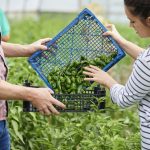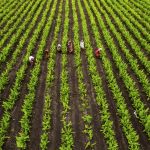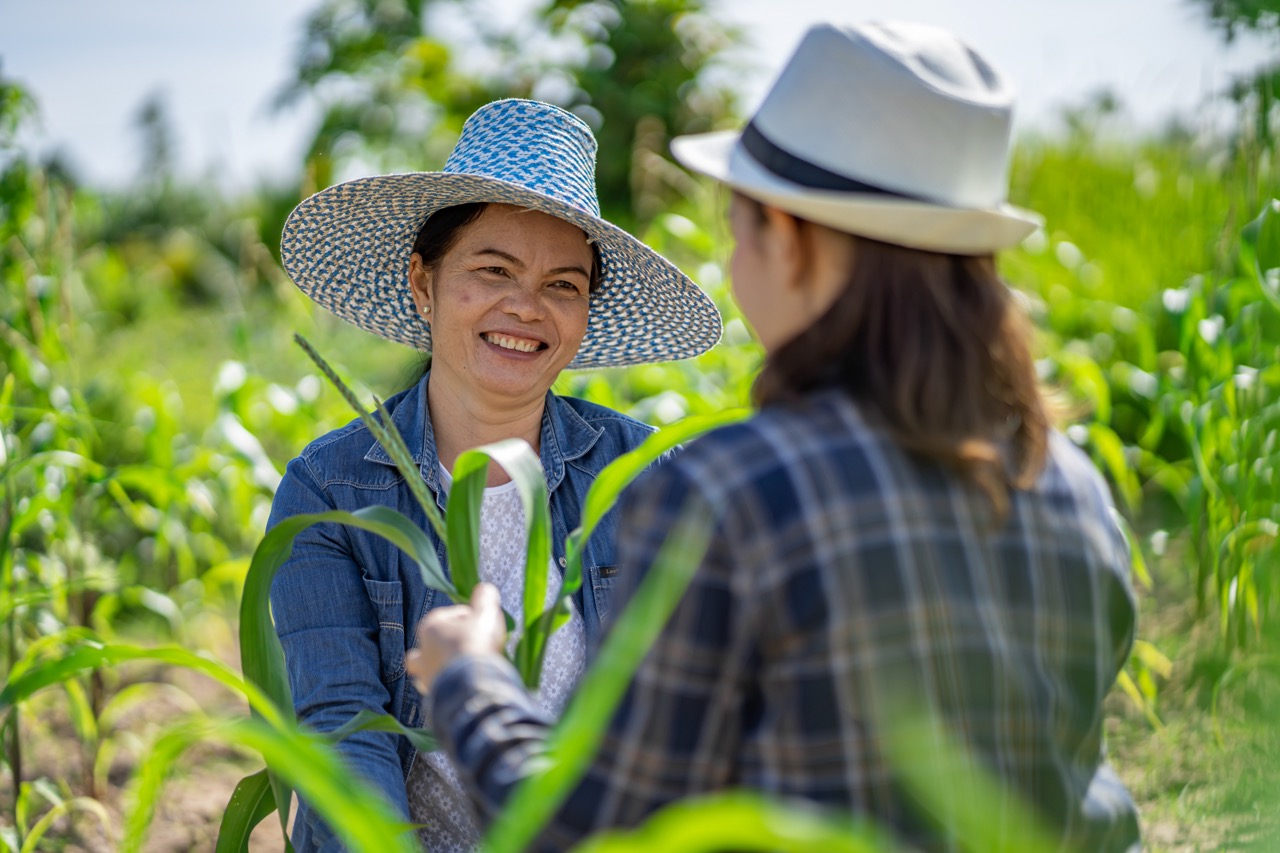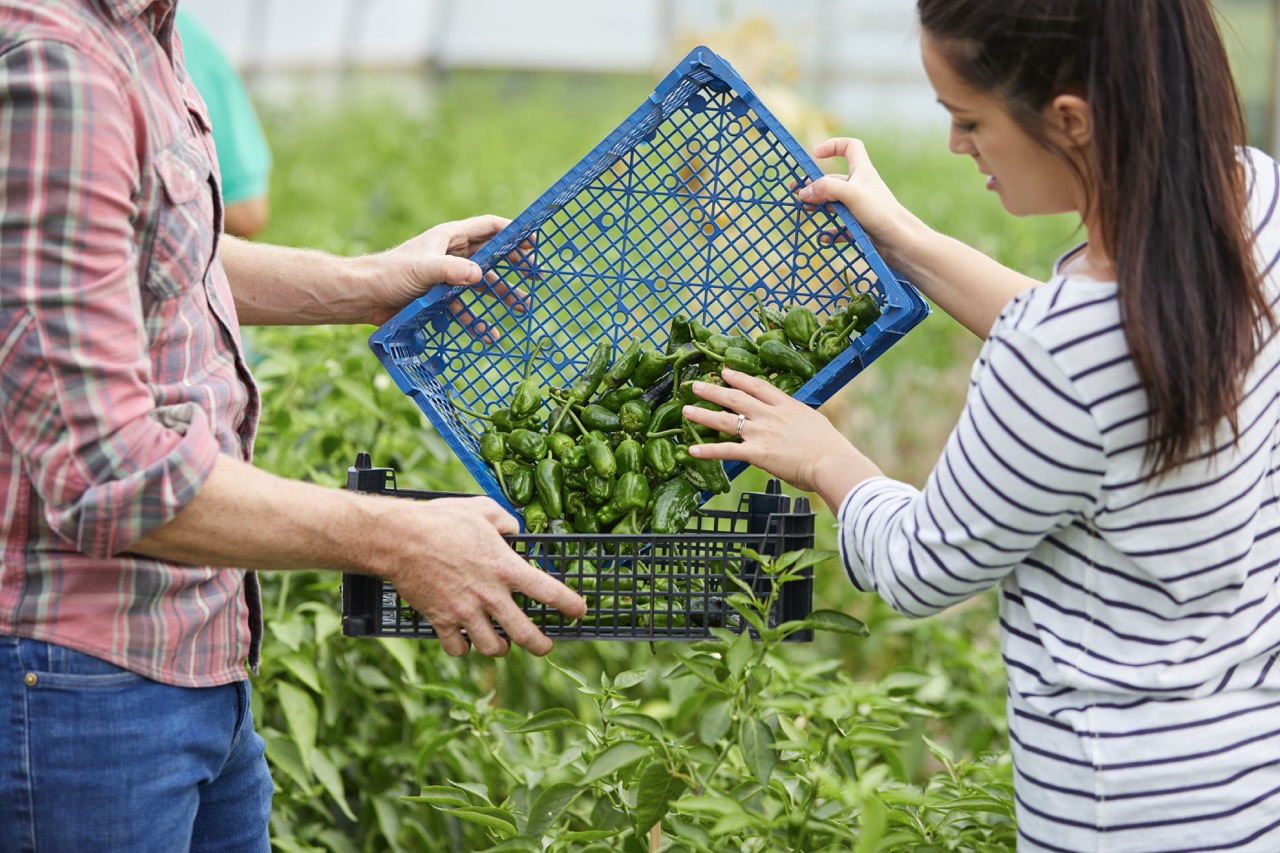As the global demand for food continues to rise, farmers face increasing pressure to produce more while also managing the environmental impact of their practices. Sustainability in agriculture is no longer an option; it has become a necessity for ensuring the long-term viability of farms. Transitioning to sustainable practices not only enhances productivity but also meets consumer demands for eco-friendly products. This article outlines how farmers can transform their operations into sustainable businesses through understanding sustainability, assessing current impacts, implementing sustainable techniques, and developing a market strategy for their products.
Understanding Sustainability: The Future of Farming Practices
Sustainability in farming refers to practices that meet the needs of the present without compromising the ability of future generations to meet their own needs. This involves a holistic approach that considers ecological balance, resource conservation, and the socio-economic aspects of farming. Understanding the principles of sustainability is crucial for farmers who want to adapt to changing market demands and environmental regulations. By focusing on practices that promote biodiversity, soil health, and water conservation, farmers can ensure their land remains productive for years to come.
Incorporating sustainable farming practices can lead to improved resilience against climate change. As weather patterns become increasingly unpredictable, farms that utilize sustainable methods tend to have better soil health and water retention capabilities, allowing them to withstand adverse conditions. Additionally, sustainable practices can enhance a farm’s ability to sequester carbon, thus playing a role in mitigating climate change effects. Farmers who understand and embrace these practices can not only improve their production outcomes but also contribute positively to the global effort against climate change.
Ultimately, embracing sustainability is about looking toward a future where farming is integrated with environmental stewardship. Consumers are becoming more conscious of their purchasing decisions, favoring products that reflect ethical and sustainable practices. As the agricultural sector evolves, farmers must recognize that sustainability is a key driver of competitiveness. By adopting a sustainable mindset, farmers can position themselves as leaders in the agricultural market, ensuring their operations are not only profitable but also responsible.
Assessing Your Farm’s Current Environmental Impact and Needs
Before implementing sustainable practices, it is essential for farmers to assess their current environmental impact. This involves a comprehensive evaluation of resource use, waste production, and ecosystem interactions on their farm. Factors to consider include soil quality, water usage, pesticide and fertilizer application, and the overall biodiversity present on the farm. By conducting this assessment, farmers can identify areas where improvements can be made to reduce their environmental footprint.
Engaging with local agricultural extensions, environmental organizations, or sustainability consultants can provide valuable insights into best practices for assessing environmental impact. Tools such as soil testing, water audits, and biodiversity assessments can help farmers quantify their current practices and understand how they align with sustainability goals. This data-driven approach enables farmers to make informed decisions about which sustainable practices will be most effective and beneficial for their specific circumstances.
Once the assessment is complete, farmers should prioritize their needs based on the findings. This process allows for the identification of critical areas for improvement, whether it be enhancing soil health through cover cropping, reducing water usage with irrigation technology, or minimizing chemical inputs through organic farming methods. By creating a tailored action plan, farmers can strategically transition toward sustainability while also addressing immediate environmental concerns.
Implementing Sustainable Techniques for Better Productivity
To transition into a sustainable farm, farmers can implement various techniques that enhance productivity while minimizing environmental impact. Crop rotation is one such technique that helps maintain soil fertility and control pests naturally. By alternating crops, farmers can reduce the incidence of diseases and pests while improving soil structure and nutrient content. This practice not only boosts crop yields but also lowers dependence on chemical fertilizers and pesticides.
Another effective sustainable technique is agroecology, which integrates ecological principles into agricultural practices. By employing methods such as intercropping, cover cropping, and agroforestry, farmers can create a more diverse and resilient farming system. These practices enhance soil biodiversity, improve carbon sequestration, and optimize water usage. Implementing agroecological techniques can lead to improved ecosystem services, resulting in healthier crops and increased farm productivity over time.
Moreover, investing in renewable energy sources, such as solar panels or wind turbines, can significantly reduce a farm’s carbon footprint. Transitioning to energy-efficient equipment and practices can lead to substantial cost savings in the long run. Additionally, farmers can explore waste reduction strategies by composting organic waste and utilizing it as fertilizer, further closing the loop in their farming systems. By embracing these sustainable techniques, farmers can create a more productive and environmentally friendly operation.
Building a Market Strategy for Your Sustainable Farm Products
As farmers transition to sustainable practices, developing an effective market strategy for their products is crucial. Understanding the target market is the first step; consumers are increasingly looking for sustainably produced goods, but farmers need to clearly communicate their sustainability efforts. Highlighting certifications, such as organic or fair trade, can help build credibility and attract eco-conscious consumers who are willing to pay a premium for responsibly sourced products.
In addition to identifying the target market, farmers should leverage digital marketing to reach a broader audience. Social media platforms and website optimization can play a significant role in promoting sustainable products. Telling the story behind the farm, showcasing sustainable practices, and engaging with customers through educational content can create a loyal customer base that values transparency and sustainability. Establishing an online presence can also open doors for direct-to-consumer sales, further enhancing profitability.
Finally, collaborating with local restaurants, farmers’ markets, and community-supported agriculture (CSA) programs can create additional avenues for sales. Building relationships with local businesses that prioritize sustainability can help amplify the reach of sustainable farm products. By combining innovative marketing strategies with genuine sustainable practices, farmers can effectively position their products in a competitive marketplace while fostering a strong community connection.
Transforming a farm into a sustainable business is an ongoing journey that requires commitment, assessment, and innovation. By understanding the principles of sustainability, assessing current practices, implementing effective techniques, and developing a robust market strategy, farmers can create a thriving operation that meets the demands of today while protecting the environment for future generations. As sustainability becomes increasingly pivotal in agriculture, farmers who embrace these changes will not only enhance their productivity but also contribute to a more sustainable food system for all.








